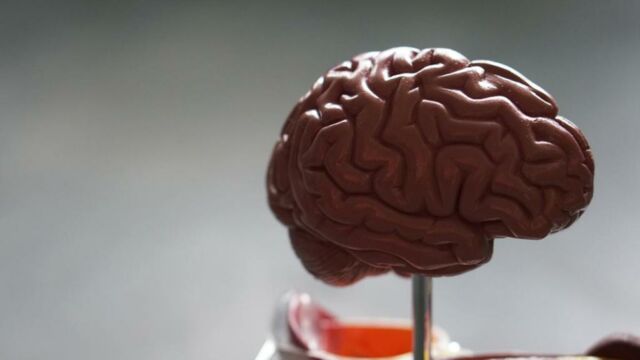Diets, a thing of the past? According to the work of Sandra Aamodt and Michel Desmurget, radical diets are not a miracle solution: worse, they could in fact encourage weight gain in the long term. According to them, the key to slimming actually lies within the brain.
Discover our latest podcast
A range of weight
According to Sandra Aamodt, it is mainly the brain that controls our weight. More precisely, our brain would do anything to keep us within a 'weight range' set by our genes. This range would be about 5 kg.
In her book, Why Diets Make Us Fat, she explains that when your weight falls below a certain threshold, for example because of a reduction in calorie intake, a whole process is set in motion to return within this weight range. Metabolism slows down, feelings of satiety increase and certain unconscious energy-consuming gestures are reduced or even eliminated. The opposite would occur when there is a sudden and continuous increase in caloric intake.
This 'survival mode' is a remnant of our ancestors' lives, who had to optimise their energy expenditure during periods of need and famine. This would explain why the failure rate of diets is between 80% and 98%.
Losing weight incrementally
But how can you lose weight if your brain does everything it can to stop you? Michel Desmurget has the solution: bypass this mechanism by making the brain believe that you have not changed your eating habits.
The neurobiologist, who claims to have lost 50 kg with this method, explains that you need patience to lose weight in the long term. Indeed, what he calls the 'strategy of small steps' allows you not to rush the brain and thus prevent it from setting in motion the 'survival mode' mentioned earlier.
The Huffington Post explained:
Don't try unnecessarily to exert your will. The brain quickly calculates the effort/pleasure ratio.
So there's no need to overdo it by running a half-marathon a day or swearing by green smoothies: according to the two neurobiologists, the most effective diet is not the most restrictive... it's just the longest.















